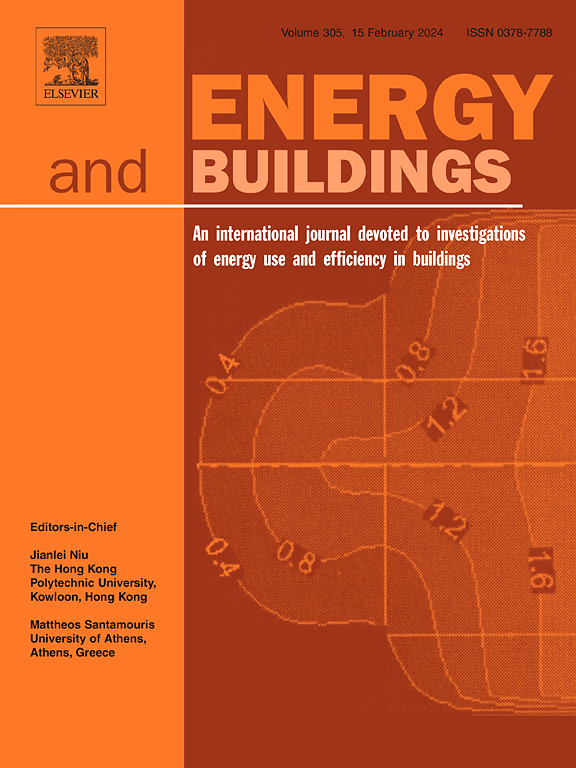Evolutionary game analysis on governments and developers’ behavioral strategies: Impact of dynamic incentives for green building
IF 6.6
2区 工程技术
Q1 CONSTRUCTION & BUILDING TECHNOLOGY
引用次数: 0
Abstract
Many countries have implemented economic plan and subsidy policies to encourage green building development. This paper constructs an evolutionary game model between governments and developers to examine the impact of government-led incentives on the decision-making process of developers within the dynamic trajectory of green building industry. Considering the purchasing preference of homebuyers, this study aims at to evaluate the impact of incentive policies on the transition to green building, examining three distinct scenarios: the static incentives, the dynamic taxation and the dynamic subsidies. The evolutionary stable strategy between governments and developers is derived. Then, a numerical simulation is employed to demonstrate the dynamic evolution process. The findings indicate that there is no evolutionary stable strategy under static scenario. When the government actively supervises the transition of green buildings and adopts dynamic incentive measures, the evolutionary game demonstrates stability. Furthermore, the simulation result shows that a policy of dynamic subsidies is more effective for the transition to green buildings than alternative incentive strategies. These findings offer a foundation for policymakers to facilitate the transition to green building.
求助全文
约1分钟内获得全文
求助全文
来源期刊

Energy and Buildings
工程技术-工程:土木
CiteScore
12.70
自引率
11.90%
发文量
863
审稿时长
38 days
期刊介绍:
An international journal devoted to investigations of energy use and efficiency in buildings
Energy and Buildings is an international journal publishing articles with explicit links to energy use in buildings. The aim is to present new research results, and new proven practice aimed at reducing the energy needs of a building and improving indoor environment quality.
 求助内容:
求助内容: 应助结果提醒方式:
应助结果提醒方式:


